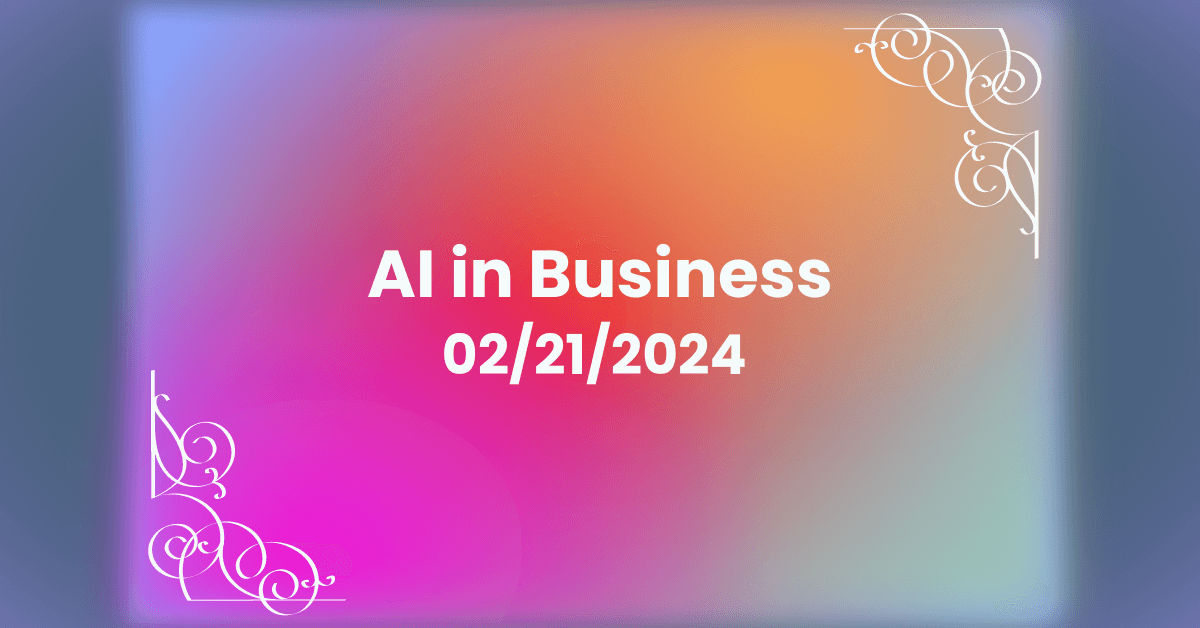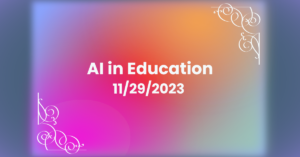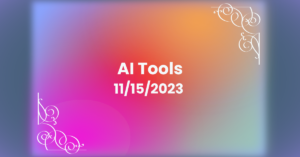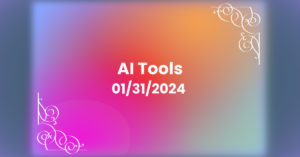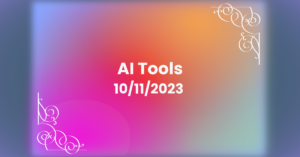Think Twice: The Real Role of AI in Human Cognition
In the early days of AI, the goal wasn’t just about making machines that could think on their own. Much of the excitement was about creating tools that could help us think better and do more. But fast forward to today, and there’s a lot of talk about AI taking over jobs and replacing human thought. This shift in perception is quite a leap from those early ambitions. The reality is, the roots of AI were as much about assisting us as they were about mimicking our brains. It’s important to keep this in mind, especially now when it seems like AI is all about replacing us, rather than helping us out.
AI’s journey from an assistant to a decision-maker in several areas isn’t always a step in the right direction. In business, not only are AI systems making hiring and investment decisions, but they’re also crafting much of the content we see in marketing. This automation of creativity often misses the personal touch that only humans can bring. In healthcare, while AI diagnoses are impressively efficient, they lack the empathetic and nuanced judgment of human doctors. Even in our daily lives, AI determines our media consumption, subtly molding our tastes. The real issue here is the gradual erosion of our decision-making skills. As we lean more on AI, our ability to think independently, creatively, and critically is at stake. We’re slowly relinquishing control, losing touch with the skills that make us uniquely human.
The true power of AI lies not in taking over our tasks, but in working alongside us, enhancing what we do best. Imagine AI as a kind of digital assistant that doesn’t make decisions for us but provides the insights we need to make better ones. In education, this could look like AI systems that don’t just teach students, but help them develop stronger critical thinking skills. In the realm of business, instead of AI writing all our content, it could offer data-driven insights, helping us craft messages that resonate more deeply with our audience. The key is a partnership where AI handles the heavy data lifting, leaving us free to apply our uniquely human creativity and judgment. This collaboration could lead to more informed, thoughtful decisions across the board, a synergy of human intuition and machine intelligence.
Real-world examples are already showing how AI can be a game-changer when used to boost your brainpower, rather than replace it. In research, AI tools are sifting through mountains of data, uncovering patterns and connections that would take humans years to find. This isn’t AI doing the thinking; it’s AI enabling researchers to think bigger and deeper. In the creative fields, artists and designers are using AI to explore new frontiers of creativity, with AI suggesting ideas that can spark human imagination. And in strategic business planning, AI is great at crunching numbers and predicting trends, but it’s the human strategists who interpret these insights to make savvy decisions. These cases highlight an AI that doesn’t overshadow human intelligence but amplifies it, showing us possibilities we might have missed on our own.
Looking ahead, the future of AI and human collaboration holds immense potential. To harness this effectively, we need a mindset shift in how we develop and interact with AI. Developers and businesses should focus on creating AI that augments human abilities, not ones that aim to replace them. It’s about building systems that work to our strengths and offset our limitations. Policymakers also play a crucial role in shaping this future. They need to encourage the development of AI that supports human skills and creativity, ensuring that AI remains a tool in our hands, not a replacement for our minds.
Equally important is educating people in AI literacy. Understanding how AI works demystifies it and enables us to use it more effectively as a cognitive tool. By fostering this collaborative approach, we can ensure that AI remains an ally in our quest for knowledge and innovation, not a competitor.

